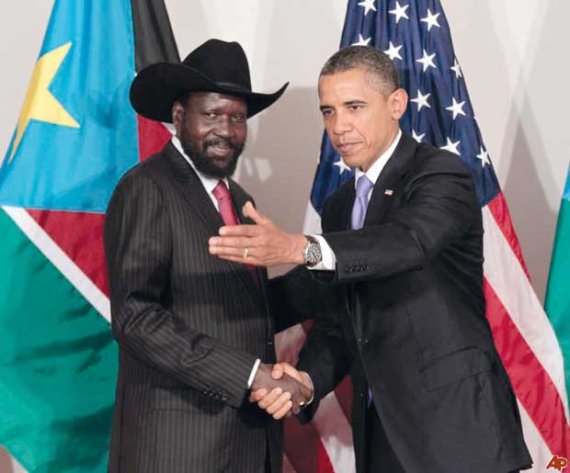The development of local power relations along the border contributed as much to the formation of South Sudan as a government or a constitution. So says Lotje de Vries in her PhD thesis. She did research on the state formation in this brand-new country before it obtained independence from Sudan in 2011. State formation is almost tangible in South Sudan. Ever singe 1997, the separatist movement SPLM acted as the government in the part of the country it controlled. The rebels carried installed border posts, made laws and collected taxes. The peace agreement of 2005 made it possible for these guerrilla forces to form themselves into a central government, an army and a political party. There came a flag, a national anthem and number boards for government bodies. De Vries: ‘The military elite got a new set of instruments to wield its own power in a political way and formed the state while it was at it.’ De Vries observed the consequences of this in the triangle of land on the border with Uganda and Congo. She analysed the power play around the local representatives of the central powers, many of them ex-guerrillas. For years they were ‘playing at government’, but now the hierarchical relations among them have crystallized, the results of this have trickled through to the capital, where they contribute to shaping the state. ‘Formal power is therefore a product of coincidences and negotiations, which get consolidated into something bigger,’ concluded De Vries.
Power play formed South Sudan
Sudanese rebel army formed new government.

